Beam Clamp with Ring – Model BCR
Product Number: 1502
Descrição
The H-Lift beam clamp with ring (model BCR) is a safe and efficient solution for connecting lifting equipment to beams. This BCR beam clamp is designed for quick and easy installation, requiring no drilling or welding, making it ideal for various lifting and pulling applications.
- O lower panel offers a convenient connection point for chains or lever hoists.
- O secure anchor point ensures safety in lifting and traction operations.
- O spindle mechanism allows quick installation and adjustment.
- Suitable for a wide range of beam widths, including common I-beams and H-beams.
- It is in compliance in accordance with the EU Machinery Directive 2006/42/EC, which guarantees the safety and reliability of the product.
- Available with foldable handle to facilitate use.
Features
- Quick adjustment: Allows ultra-fast adjustments on most I and H beams.
- Easy to use: Designed to accommodate various beam sizes, with simplified installation.
- Durable construction: Offers a stable and robust solution for lifting and traction equipment.
- Spindle mechanism: Ensures quick and secure installation and adjustment.
Specifications

| Article | Nominal Load (t) | Test Load (kN) | Beam Width (mm) | Dimensions (mm) | Weight (kg) | Product Code |
|---|---|---|---|---|---|---|
| BCR010 | 1 | 19.6 | 75-230 | A: 240, B: 192, C: 367, D: 94, E: 4, F: 194, G: 102, H: 154, K: 20 | 4.2 | 150201000 |
| BCR020 | 2 | 39.2 | 75-230 | A: 240, B: 192, C: 367, D: 102, E: 6, F: 194, G: 102, H: 154, K: 20 | 5.1 | 150202000 |
| BCR030 | 3 | 58.8 | 80-345 | A: 355, B: 243, C: 520, D: 132, E: 8, F: 241, G: 133, H: 223, K: 32 | 10.4 | 150203000 |
| BCR050 | 5 | 98 | 80-345 | A: 355, B: 243, C: 520, D: 142, E: 10, F: 241, G: 133, H: 223, K: 32 | 12.2 | 150205000 |
| BCR100 | 10 | 196 | 90-350 | A: 360, B: 272, C: 532, D: 180, E: 12, F: 284, G: 157, H: 234, K: 43 | 18.8 | 150210000 |
Related Products
- Manual Chain Hoist, Model CH-B
- Permanent Magnetic Lifter, Model PML
- Beam Clamp with Large Shackle, Model BCL
- Translation Cart
Safe Use of Beam Clamps
When using beam clamps, be sure to adhere to all load limits and securely fasten the clamp to the beam before starting any lifting or pulling operation. Regular inspection and maintenance are recommended to ensure continuous safety and proper equipment performance.
H-Lift Beam Clamps
The BCR beam clamp is a quick, safe, and efficient solution for securing lifting equipment to beams, being particularly suitable for applications that require quick adjustments and high load capacity.
Mandatory:
- Armazenar e manusear os grampos de viga corretamente.
- Inspecionar os grampos de viga e seus acessórios antes do uso e do armazenamento.
- Certificar-se de que a estrutura de suporte pode suportar a carga total e é adequada para a aplicação pretendida.
- Check if the profile and dimensions of the clamp match the width of the beam and ensure it is properly installed on the beam flange.
- Confirm that the beam clamp is strong enough to support the total load.
- Check if the clamp is positioned directly above the center of gravity of the load.
One should not:
- Use beam clamps that are not marked or certified for lifting applications.
- Do not replace screws, shackles, or other components without consulting the supplier.
- Dropping or throwing beam clamps.
- Use beam clamps on damaged or deformed beams.
- Force or fit the lifting equipment hook into connection points (e.g., shackles).
- Apply angular loads on beam clamps without the supplier's approval.
Selecting the correct beam clamp
Beam clamps come in various capacities and designs. They can be adjustable or fixed, with options such as scissor action, screw locking, or screw fastening, and are suitable for temporary and permanent applications. When selecting a beam clamp, consider the following:
- Types of clamp: adjustable or fixed, scissor type, with screw or with screw fastening.
- Capacity and dimensions of the beam (or range of dimensions).
- Beam conditions.
- Type of lifting equipment used.
- Temporary or permanent application.
Note: Beam clamps are normally used to connect overhead beams to suspend lifting equipment. Some designs can be used to connect to a load to provide a lifting point. For such applications, consult the supplier, as these instructions do not cover those applications.
Storing and handling beam clamps
- Damaged beam clamps should never be returned to storage. They must be dry, clean, and protected against corrosion.
- If it is necessary to remove the beam clamp, the fasteners must be reassembled immediately.
- Do not let beam clamps fall or throw them.
Using beam clamps safely
The safe use of beam clamps is closely related to the requirements of the lifting equipment being used. However, always consider the following:
- Never use beam clamps, lifting equipment, or defective accessories.
- Make sure that the structure from which the clamp is being suspended is intact and can support the full load. If in doubt, consult a qualified professional to verify the suitability of the structure.
- Verifique se o grampo é adequado para a aplicação, se seu tamanho e perfil correspondem à viga e se está instalado com segurança.
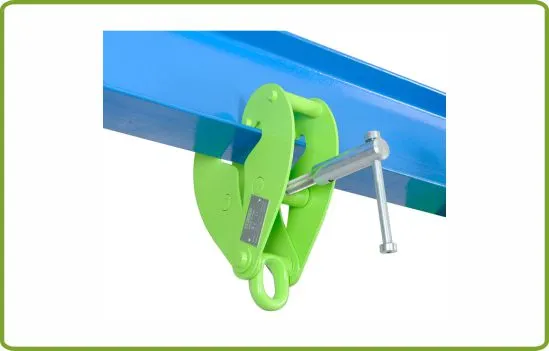


Normas de Segurança para Operações de Elevação e Compatibilidade com Grampos/Dispositivos de Fixação
Ao usar equipamentos de elevação, é fundamental garantir que o dispositivo de elevação seja compatível com os grampos de viga ou dispositivos de fixação de viga. Verifique se o gancho ou outros acessórios podem ser facilmente instalados nos olhais, manilhas ou outros pontos de conexão do fixador. O fixador deve estar posicionado diretamente acima do centro de gravidade da carga. Sempre evite que a carga balance ou suporte cargas angulares para evitar instabilidade.
Para operações de elevação dupla que utilizam dois fixadores, equipamentos auxiliares como barra de carga ou balancim podem ser necessários. Certifique-se de que nenhum fixador exceda sua Carga Máxima de Trabalho (CMT) durante a operação.
Inspection and Maintenance in Use
Os fixadores de viga devem ser limpos regularmente e todas as peças móveis devem ser lubrificadas em intervalos adequados, de acordo com as instruções do fabricante. Inspecione os fixadores de viga periodicamente, observando os seguintes problemas:
- Desgaste ou danos
- Deformation or cracks
- Parafusos soltos ou inseguros
- Corrosão ou ferrugem
- Marcações ilegíveis ou apagadas
Se for detectado algum dos defeitos acima, o fixador deve ser encaminhado a um profissional qualificado para uma inspeção completa.
É essencial seguir todos os protocolos de segurança e garantir a manutenção dos fixadores em ótimas condições para garantir o uso seguro.

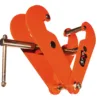
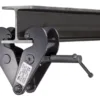
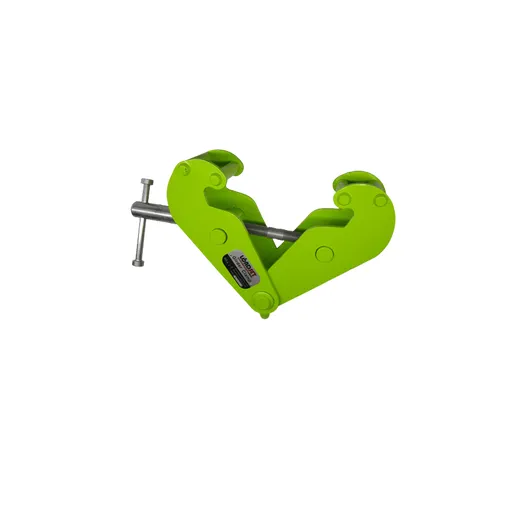



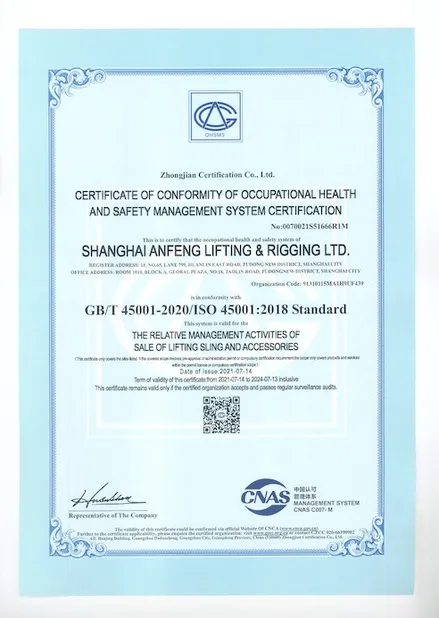
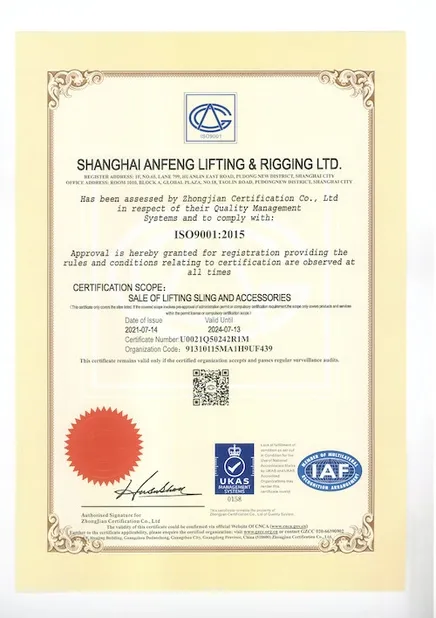
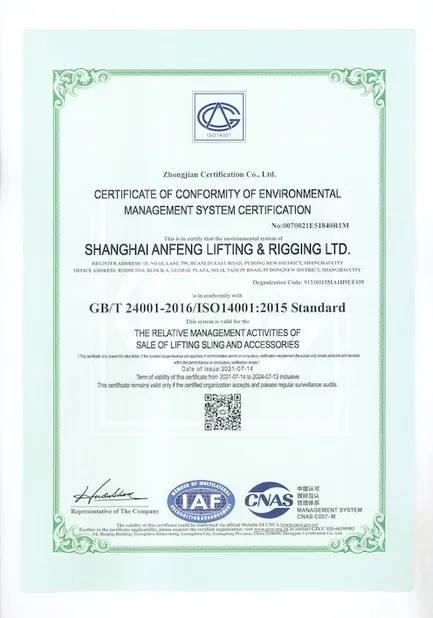
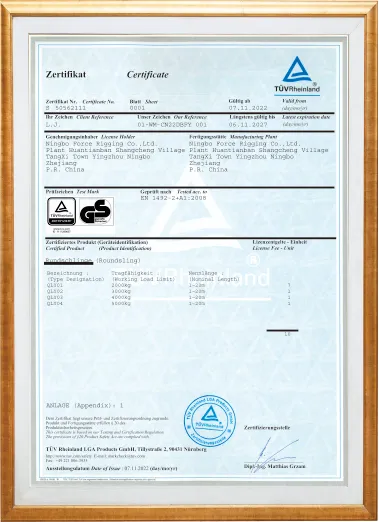
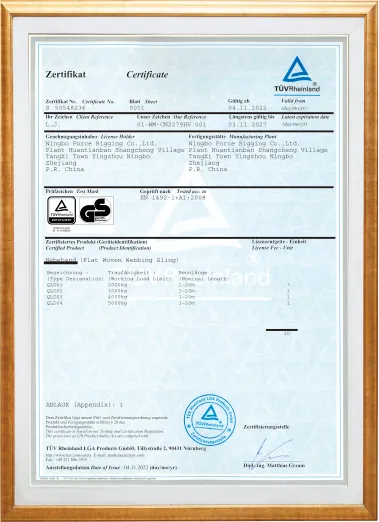
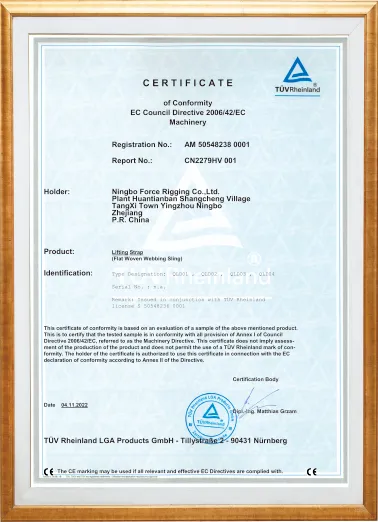
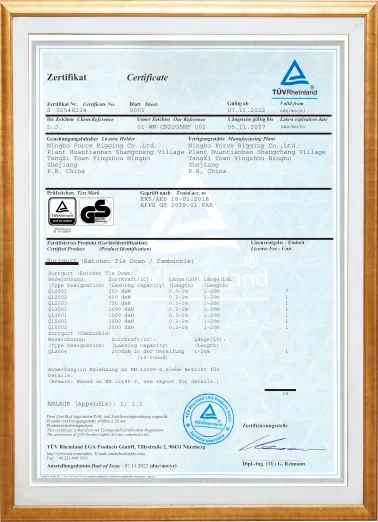
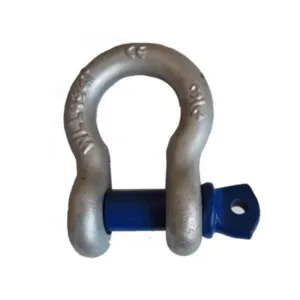
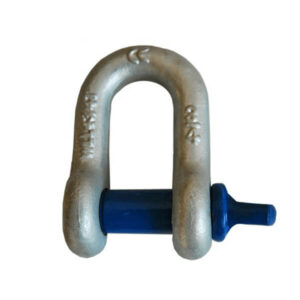
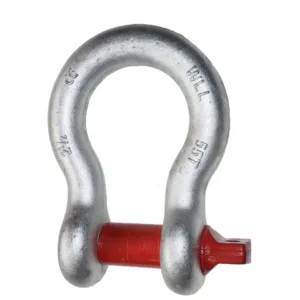
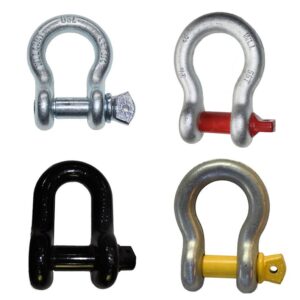
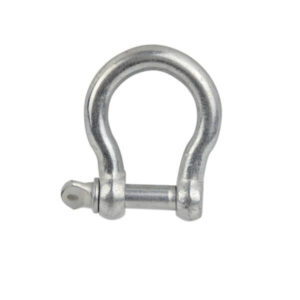
Reviews
There are no reviews yet.